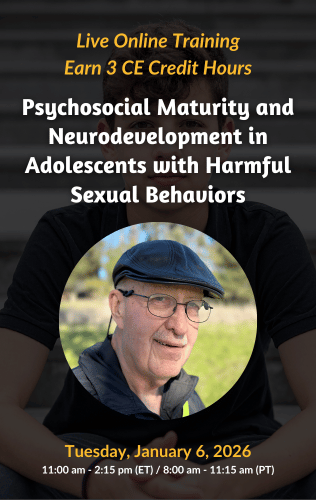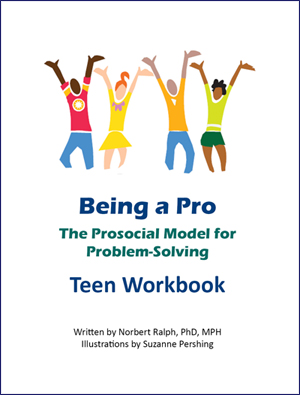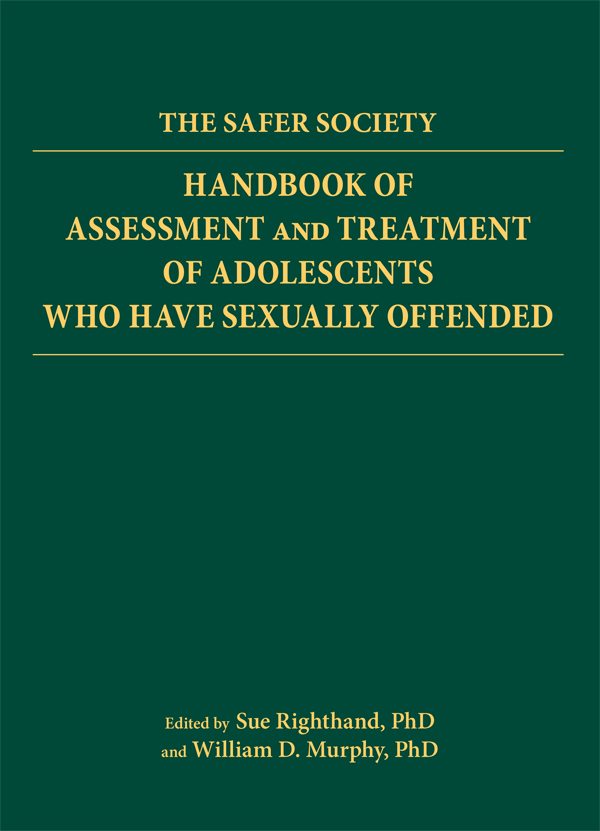Home / Shop / Online Trainings / Trainings
Live Online Training - Psychosocial Maturity and Neurodevelopment in Adolescents with Harmful Sexual Behaviors

- Description
Date: January 6, 2026
Time: 11:00 am – 2:15 pm ET / 8:00 am – 11:15 am PT
Format: Live interactive training offered via Zoom
Presented by: Norbert Ralph, PhD, MPH (See Bio)
You must attend the entire live training and complete an evaluation to be eligible for CE credits. If you seek only psychology credits, the evaluation is optional, and you can remain anonymous.
Online Training Description:
Neuropsychology and brain research have identified developmental changes from ages 10 to 25 related to social judgment and reasoning. These changes are associated with the steep increase in delinquent behaviors, accidents, and sexually harmful behaviors during adolescence. Increased size, strength, and sexual maturity are complemented by an increase in the drive and reward centers of the brain and decreased supervision during adolescence. This can involve slower development in social judgment and reasoning. Youths with delays in social judgment are at greater risk for harmful actions, including sexual behaviors.
behaviors, accidents, and sexually harmful behaviors during adolescence. Increased size, strength, and sexual maturity are complemented by an increase in the drive and reward centers of the brain and decreased supervision during adolescence. This can involve slower development in social judgment and reasoning. Youths with delays in social judgment are at greater risk for harmful actions, including sexual behaviors.
Dr. Barbara Bonner describes early adolescence as a high-risk but transitory period for harmful sexual behaviors. Adolescence is also a period for the maturation of social judgment and greater capacity for prosocial relationships. According to the National Institute of Mental Health (NIMH), the adolescent brain is approximately 80% mature, with the remaining 20% of its immaturity reflected in impulsivity. During this training, Norbert Ralph addresses five key areas:
- Brain-based developmental changes in adolescence
- Assessing psychosocial and brain maturity
- Interventions that promote healthy development
- Patterns of harmful behaviors that emerge during adolescence
- Characteristics of youths who achieve psychosocial maturity
Practical and evidence-based tools for assessment and treatment are reviewed, emphasizing open-minded assessment methods that better capture how youths think and reason. Effective interventions such as Aggression Replacement Training and Being a Pro are also highlighted for their success in promoting psychosocial maturity and reducing risk.
This training integrates relevant research on brain development, maturity, and adolescent behavior. It demonstrates that psychosocial immaturity during this stage is a significant risk factor for general delinquency and harmful sexual behaviors. Participants leave with strategies for assessing and fostering healthy development in youths.
Learning Objectives
As a result of this training, attendees will be better able to:
1) Recognize three brain-based developmental changes occurring during adolescence
2) Explain three methods used to measure brain-based devotional changes during adolescence
3) Apply three treatment methods for promoting brain-based development changes in adolescence
4) Describe three harmful behaviors that tend to increase in adolescence
5) Describe three characteristics of youths who psychosocially mature in adolescence
Interactive Follow-Up Meeting
Attendees are invited to join an open discussion 15 minutes following the end of the training, where you can engage with fellow attendees by turning on your camera and microphone. This is an opportunity to share your experiences and contribute to a meaningful exchange of ideas. Time will be allocated to address questions or insights from the training. Please note that attendance is optional and will not affect your eligibility for a training certificate.
We can refund your training fee up to 24 hours prior to the start of the training.
To view all training details and review our list of frequently asked questions, please click here to visit the promotional page.




